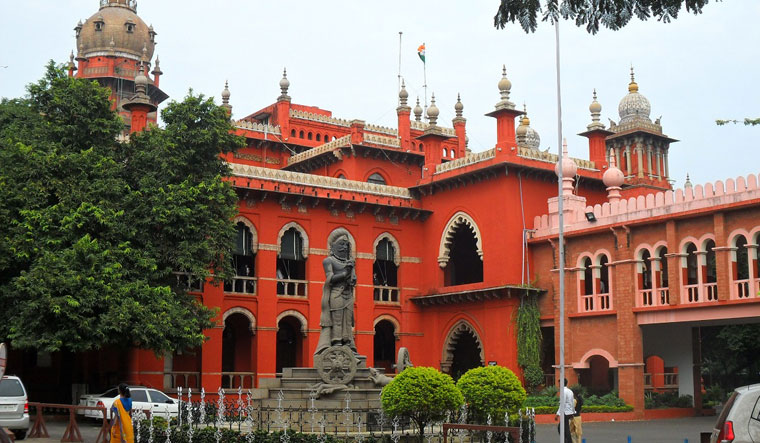The Madras High Court on Monday quashed a special law allowing 10.5 per cent compartmental reservation to the Vanniyar community and its sub-castes in Tamil Nadu. A division bench comprising Justices M. Duraiswamy and K. Murali Shankar declared the law as “ultra vires to the Constitution of India.”
The court asked the state government how it could provide special reservation to a particular community of the Most Backward Class (MBC) without conducting any caste-based census. Stating that Vanniyar is only a single caste entry in the list of castes, the judges said that the Special Act “intended to group seven sub-castes such as Vanniyars, Vanniy Gounder, Gounder, Padayatchi, Palli and Agnikula Kshatriya as one class. However these sub-castes would always be treated as one caste. No homogeneous caste can be kept in different class.”
Justices Duraiswamy and Murali Shankar allowed a batch of writ petitions filed in the Madras High Court as well as its Madurai Bench challenging the validity of the law passed by the then AIADMK government, just hours before the announcement of the general elections to the state Assembly. The judges said that the law was passed without any quantifiable data on population.
They further said that the degree of backwardness of the classes were also not measured.
While the AIADMK government brought the special law as a temporary arrangement, the subsequent DMK government led by Chief Minister M.K. Stalin gave effect to it in admission to colleges, which complicated the situation further.
Appearing in support of the reservation, Advocate K. Baalu pleaded before the court to pause the order for one week, as several students and people of Vanniyar caste have enrolled into education and employment as per the reservation. But the bench rejected Baalu's plea stating that the high court had already made it clear that admissions and appointments made through the special reservation were subject to the outcome of the writ petitions.
“The judgment is a huge disappointment for us and for the Vanniyars,” said Baalu who is also a senior leader of the Pattali Makkal Katchi which initiated the reservation fight for the Vanniyars.
V. Murugendhiran, one of the petitioners against the law, welcomed the court order and said that the law was implemented not based on caste-wise census.
The Tamil Nadu government in its affidavit said that “it is baseless” to term the enactment of the law as a political motive for electoral gains. The government further argued that it is a myth to claim that the internal reservation to the Vanniyars had affected the other communities falling under the MBC category.
“The court through this judgment has conveyed that previous chief minister Edappadi Palaniswami did this (enactment of the law) with procedural irregularities only for political gains and not for social justice. Now the DMK is also under compulsion to go for an appeal to gain the Vanniyar vote bank which is 13 per cent as per Amba Shankar commission reports. They will now fight in the Supreme Court. But it may be recalled that the Supreme Court was also not positive towards the Maratha, Gujjar and Patel reservations,” said political analyst Raveenthran Thuraisamy.





